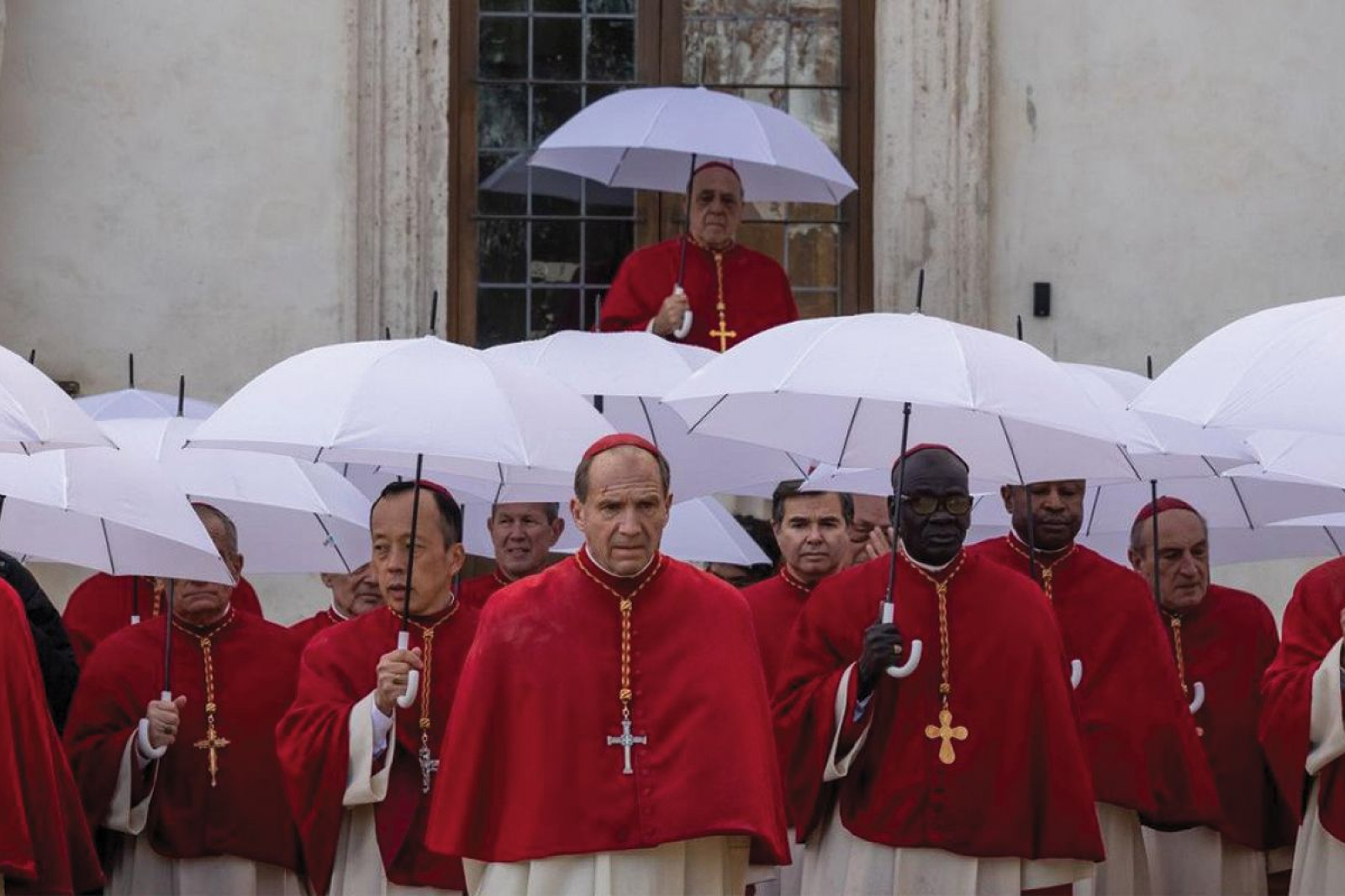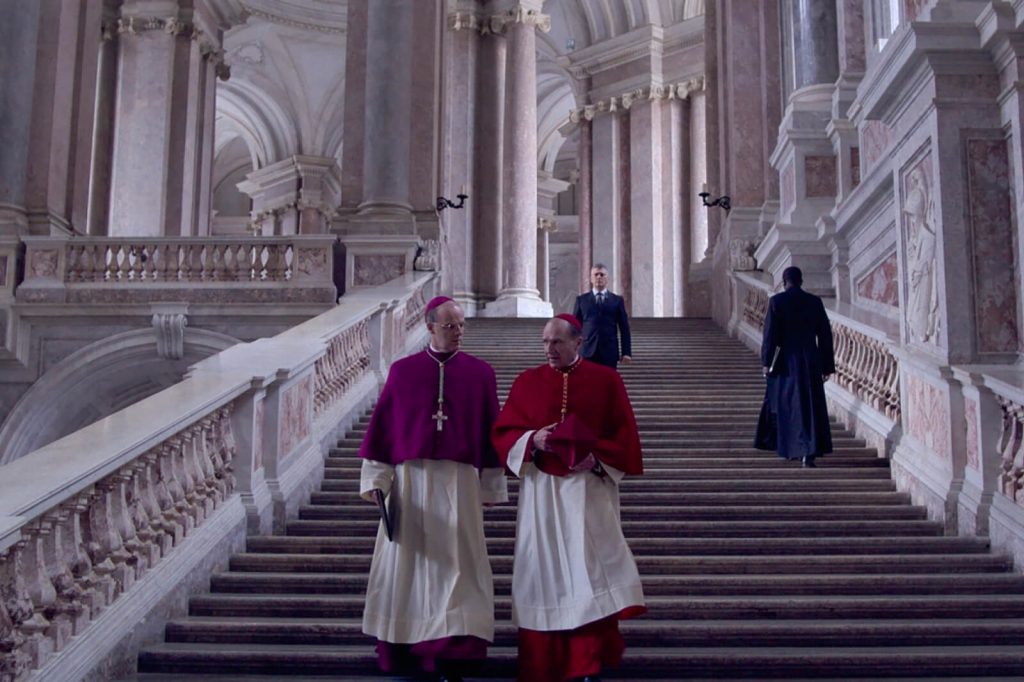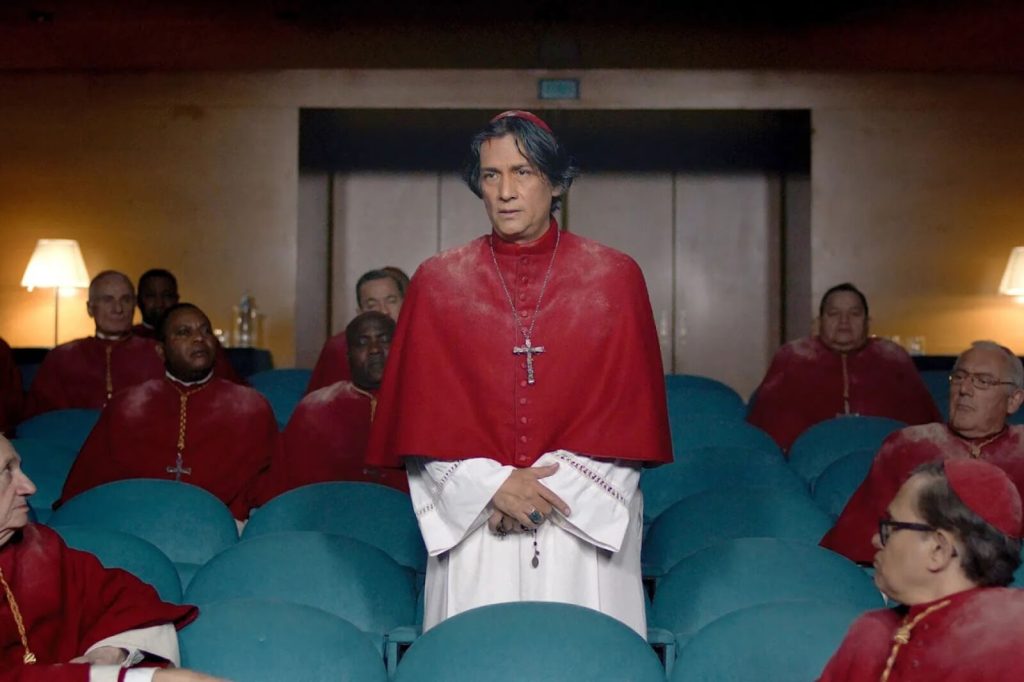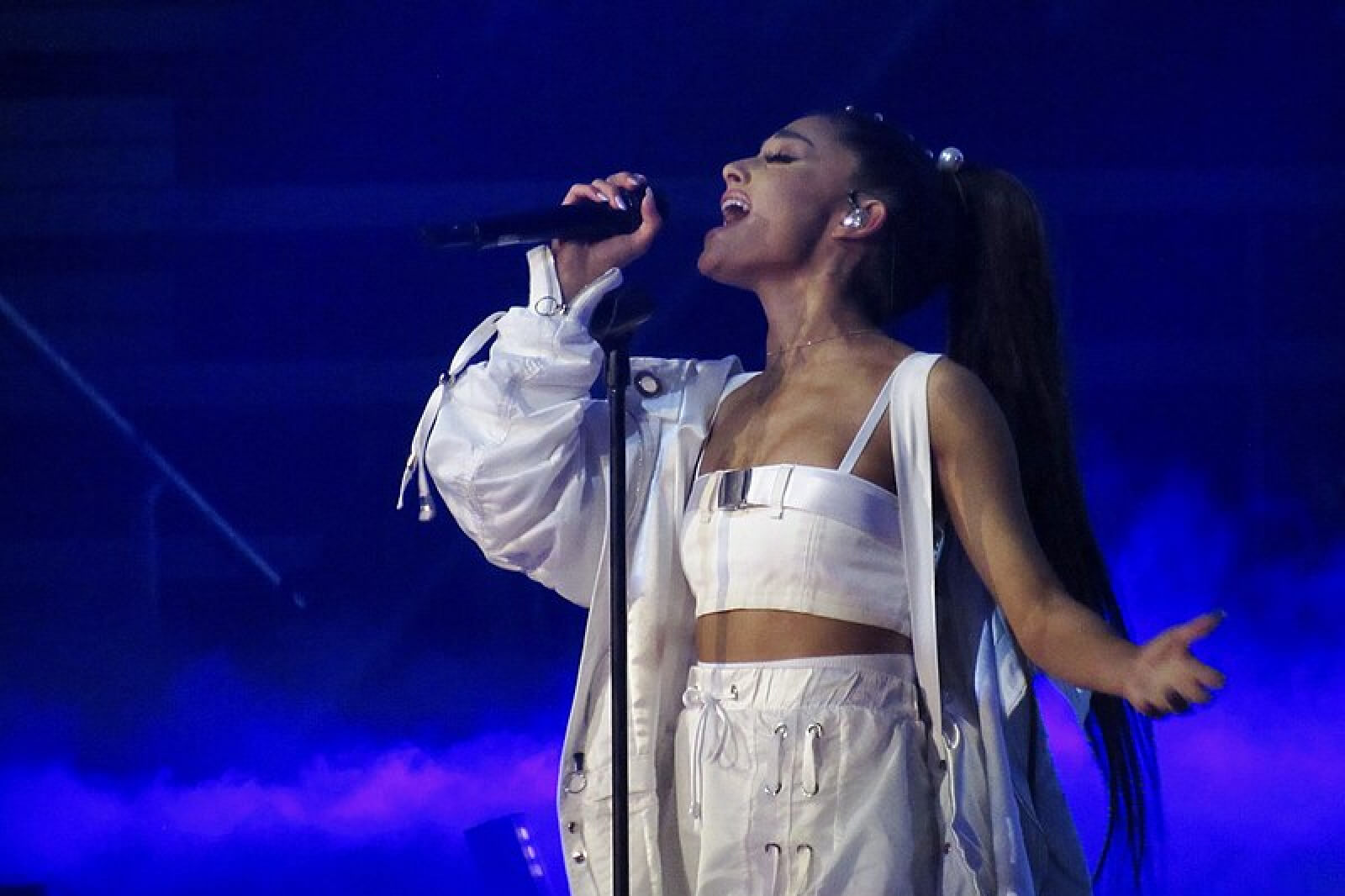Popular
Conclave’s Dominance — How Edward Berger’s Vatican Thriller Swept the 2025 BAFTAs

As the final hours of 2024 ticked away, I found myself seated in a dimly lit theater, the air thick with the scent of buttered popcorn, waiting for Conclave to begin. It felt like a fitting way to close out the year—watching a film about one of Earth’s most secretive and powerful institutions.
I knew Edward Berger’s thriller would be gripping, but I wasn’t prepared for how deeply it would pull me in. From the opening scene, the film’s atmosphere was thick with tension, a slow-burning unease built with every whispered conversation and sidelong glance exchanged among the cardinals gathered in Vatican City.
When the credits rolled, I sat in stunned silence, absorbing what I had just watched. Conclave had that unmistakable spark. I had that this-is-gonna-win-big feeling. So when it crushed the 2025 BAFTAs, snagging four awards—including Best Film and Outstanding British Film—it felt less like a shock and more like sweet validation.
An Exposé of Power and Morality
Edward Berger, known for his adaptation of All Quiet on the Western Front, once again proved his ability to craft a film that balances spectacle with substance. Conclave is a thriller, yes, but it’s also a study of power, morality, and human ambition.
The story follows Cardinal Thomas Lawrence, played with quiet intensity by Ralph Fiennes, as he presides over the election of a new pope following the unexpected death of a progressive pontiff. What should be a traditional selection process quickly unravels into something far more complex as political alliances form, secrets are revealed, and an unexpected candidate threatens to upend the established order.
The film thrives on its claustrophobic setting, using the Vatican’s gilded halls and shadowed corridors to amplify the intrigue. Every moment feels loaded with meaning, every decision carrying weight beyond the walls of the Sistine Chapel.
A Stellar Cast and Performances

The acting in Conclave is phenomenal. Fiennes leads the ensemble with his characteristic gravitas, portraying a man caught between duty and doubt. Every glimmer of emotion in his performance is controlled yet profoundly felt.
Stanley Tucci and John Lithgow, playing high-ranking cardinals with conflicting agendas, bring an edge of unpredictability to the film. At the same time, Isabella Rossellini adds a layer of wisdom and subtle strength.
However, Carlos Diehz’s portrayal of an unexpected wildcard candidate truly electrifies the screen, his presence shaking the already fragile dynamics within the conclave. These performances elevate the film beyond a simple political drama, transforming it into a riveting psychological battle where faith and ambition collide.
Cinematic Excellence in Every Frame
When Conclave lit up the big screen in the cinema, I thought, Wow, this film is gorgeous. The cinematography, helmed by Stéphane Fontaine, captures the grandeur and the suffocating intimacy of the Vatican.
Shadows stretch long across candlelit corridors, emphasizing the secrecy and hidden tensions among the cardinals. The camera lingers on the smallest details—a bead of sweat, a clenched jaw, the flutter of a cassock.
The film’s narrative relies heavily on the play of light and shadow, which serves as a vehicle for themes of revelation and concealment. Volker Bertelmann’s score heightens the mood without overpowering it, creating a subtle creepiness that keeps viewers on edge.
BAFTA Glory and Cultural Relevance

When Conclave dominated the BAFTAs, it was no surprise to those who had seen it. The film secured Best Film, Outstanding British Film, Best Adapted Screenplay, and Best Editing, an impressive haul that cemented its status as one of the year’s most impactful cinematic achievements.
In his acceptance speech for Outstanding British Film, Berger reflected on the film’s deeper resonance, stating, “We live in a time of a crisis of democracy, and institutions that are usually used to bring us together are used to pull us apart. And sometimes it’s hard to keep the faith in that situation, but that’s why we make movies, and that’s why we made this movie.”
His words highlighted what made the Conclave so powerful—it’s not just about the Vatican. It’s about every institution that wields influence behind closed doors, every secret decision that shapes the world outside.
Critics were just as captivated as audiences. The Guardian praised Fiennes’ performance, calling him “broodingly compelling as a potential English pope caught up in murky Vatican intrigue.” Vulture described the film as “sinfully entertaining,” highlighting its ability to balance solemnity with gripping suspense.
Of course, not every review was glowing. The Atlantic critiqued the film for simplifying Catholic doctrine, arguing that it reduced the church’s internal struggles to a “simplistic battle between racist conservatives and progressive liberals.”
Yet even its detractors couldn’t deny the film’s power to provoke discussion, owing to its complex plot and audacious thematic choices.
The Triumph of Conclave
Reflecting on my experience watching Conclave, it’s clear why it resonated so deeply. Its lasting impression went far beyond the high quality of the production and the acting. The movie doesn’t put its characters in a box or give simple solutions.
Instead, it presents a world where faith and politics are inseparably intertwined, where even the holiest figures are subject to human flaws and ambitions. This film demands engagement and lingers in the mind, inviting viewers to reconsider what they thought they knew about power, belief, and the institutions that shape our world.
With Conclave, Edward Berger has once again proven himself a master of adaptation, bringing Robert Harris’ novel to life in a timeless and eerily relevant way. If there’s one film that demands to be seen, discussed, and remembered, it’s Conclave. And as awards season continues, seeing how far its influence extends will be fascinating.














